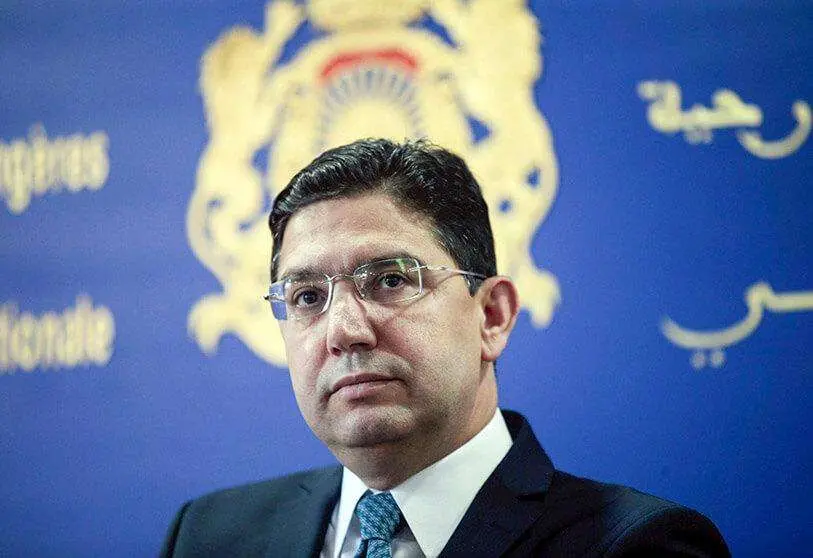Marruecos resta importancia a la resolución del Parlamento Europeo

Moroccan diplomatic sources have commented to Atalayar that the "Resolution on the violation of the United Nations Convention on the Rights of the Child and the use of minors by the Moroccan authorities in the migratory crisis in Ceuta" adopted in the European Parliament is controversial, the text has suffered many variations and has needed many negotiations and the final vote has counted less than 400 votes.
Rabat downplays the importance of the resolution promoted by the Spanish MEPs against Morocco and insists on underlining that the initiative of this resolution remains controversial as it has puzzled several groups in the European Parliament. A detail highlighted by Moroccan diplomatic sources is that the final vote represents an unusual volume for resolutions of an urgent nature since the number of votes cast is less than 400 of the 705 deputies that form it.
On the content of the Resolution, which has been amended several times, Moroccan sources insist on pointing out that the terms used reflect a rejection rather than a condemnation, a very different text from the first draft drawn up by the Spanish MEPs.

For Morocco, this resolution does not reflect at all the position of the European Union and recalls that several EU executive bodies welcomed the cooperation with Morocco, in particular Olivér Várhelyi, European Commissioner for Enlargement and Neighborhood Policy, and its spokesman for Foreign Affairs and Security Policy, who on June 8 stressed that "for years, the EU and Morocco have maintained an excellent cooperation on migration, which has given very good results".
When assessing the resolution of the European Parliament, the sources recall the words of the Moroccan Minister of Foreign Affairs, Nasser Bourita, who on Wednesday already rejected the Spanish intention to Europeanize the crisis when it is a matter between Spain and Morocco and insist on several occasions to ensure that the tendentious content of the document has been diluted compared to that drafted by the Spanish MEPs.
Finally, the cited sources have commented that it is unusual for the European Parliament to set itself up as a defender of the principles of the United Nations when neither the Security Council nor the General Assembly have pronounced themselves on the issue of the Moroccan minors.









